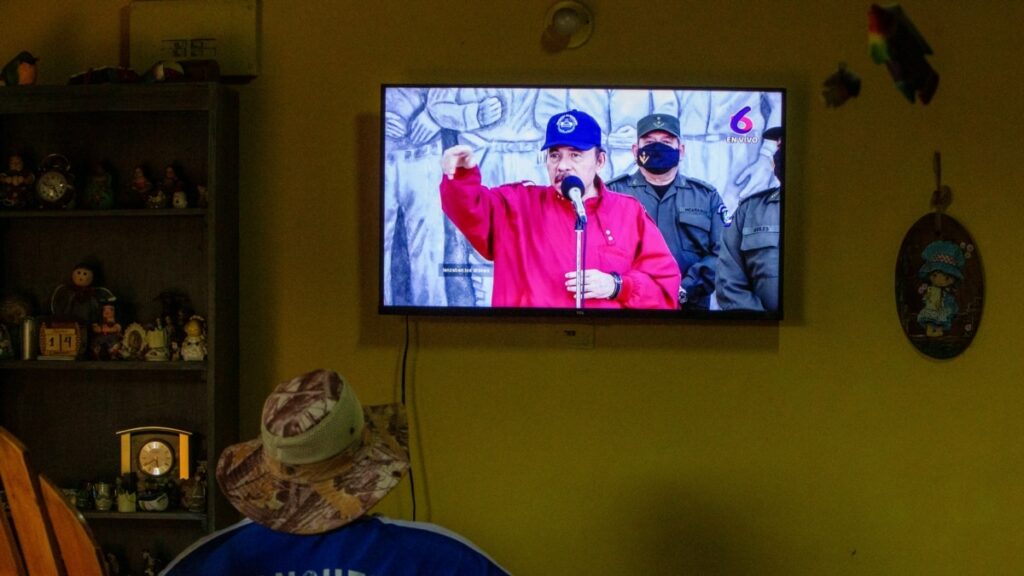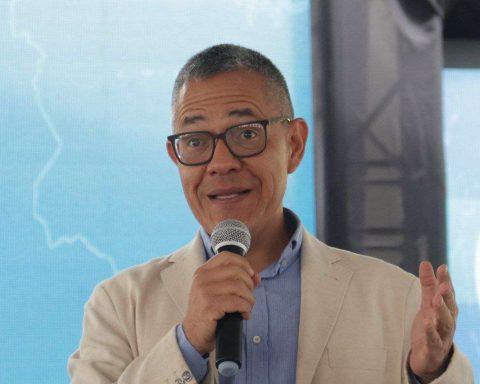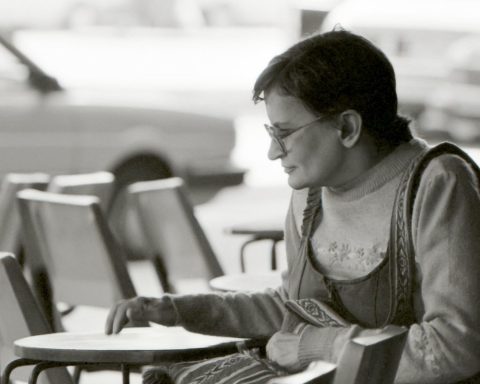More than 1,000 Venezuelan migrants who are stranded, in a temporary shelter in Panama, are receiving humanitarian support through the Ministry of Health (Minsa), the National Migration Service and the Ombudsman, who coordinate actions and strategies to guarantee the humanitarian support these people.
According to the Deputy Minister of Health, Ivette Berrío, the current situation of irregular migration is more complicated for Panama than for other countries in the region, since migrants are entering through the Darién and through the border through Chiriquí; however, inter-institutional work is being done to reinforce all the necessary strategies to deal with the situation and contain any pathology that may arise; At the same time, mechanisms have been coordinated with international organizations, mainly with the International Organization for Migration (IOM) to provide the necessary help.

For his part, the Regional Director of Metropolitan Health, Israel Cedeño, indicated that this Monday the Minsa has activated the Health Emergency Operations Center (CODES), to coordinate health interventions and care for these people.
“Irregular migrants from Venezuela are being treated due to the change in the immigration policy of the United States, those who have entered through Darién and those rejected in the Costa Rica area are being received at the shelter,” he said.
He maintained that the intention is to be able to attend to the basic part of health while they are repatriated, and since Sunday evaluations were carried out and it was identified that there is no one with a serious health condition.
They highlighted that this Monday they enabled 2 modules to provide adequate care in the area with doctors, technologists and nurses. They will also have medicines and basic supplies.
He mentioned that those who have to be referred to third-level hospitals will be transferred in ambulances from the Metropolitan Health Region.
The services provided to migrants on a regular basis are focused on evaluations of their skin condition (infections), minor trauma, gastrointestinal problems due to parasites and general discomfort resulting from the journey, said Cedeño.
At the moment, it is planned to establish care in the modules for approximately 10 days, due to the fact that the transit of migrants is very varied “they enter and leave”.
For his part, the Ombudsman Eduardo Leblanc said that they are coordinating with local and international authorities so that they are given all the necessary humanitarian aid. He added that humanitarian flights to Venezuela are being coordinated and they have talked with neighboring countries such as Honduras, Guatemala, Nicaragua, El Salvador so that they also coordinate humanitarian flights.
“It is not an option to return by truck, they can do it safely by flight or by sea,” he stressed.











